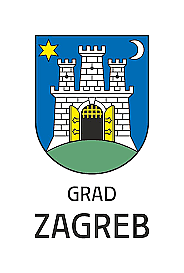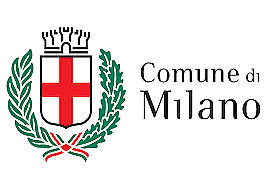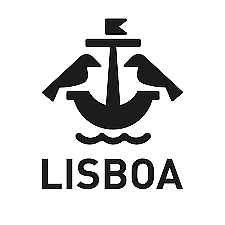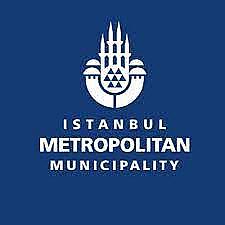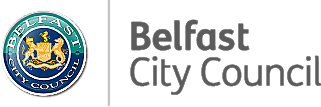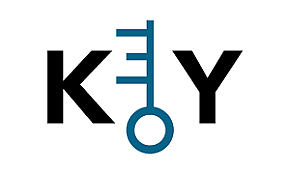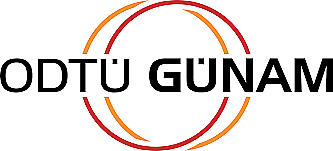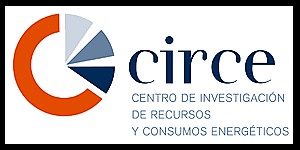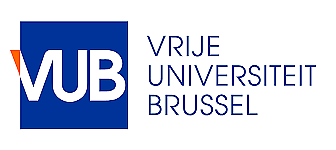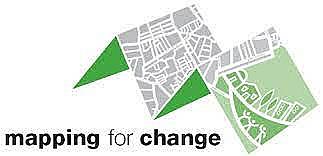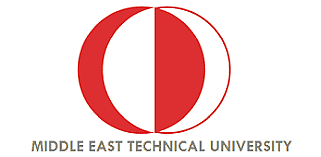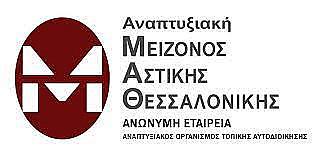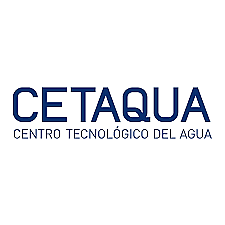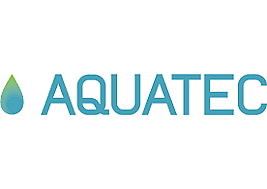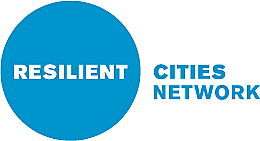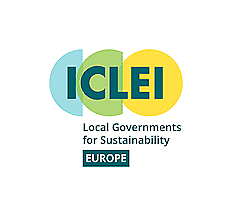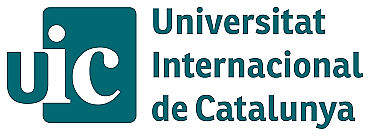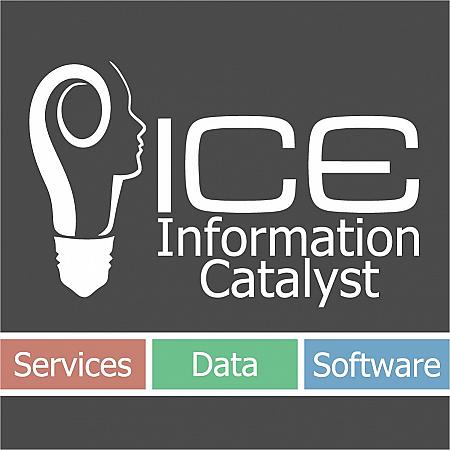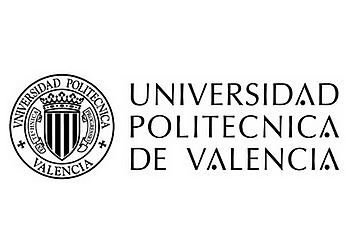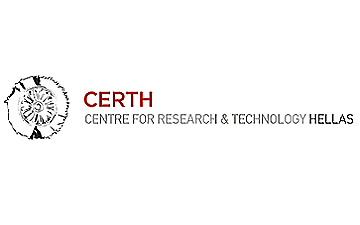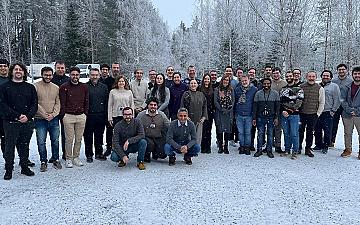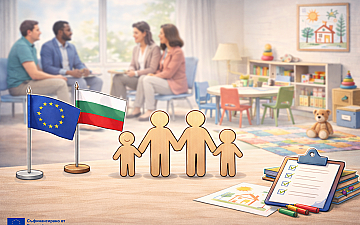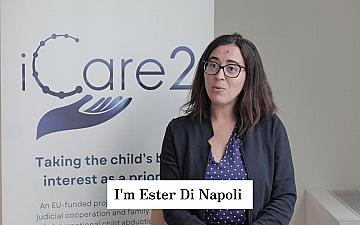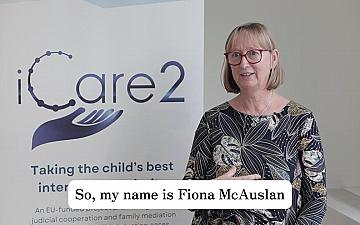Urban Planning and design ready for 2030 (UP2030)
Projects / Ongoing
Acronym: UP2030
Period: 01.2023 - 12.2025
Status: Current
Description
UP2030 aims to guide cities through the socio-technical transitions required to meet their climate neutrality ambitions. It will do so by enabling a quantum leap from a ´business as usual´, project-by-project decarbonisation approach to a vision-driven, strategy-based approach that is anchored on sound projects and renewed policy development.
The approach uses urban planning and design as a vehicle to create better connected, more compact, net-zero neighbourhoods in the city pilots – i.e. neighbourhoods that promote liveability and, through designing with intent, promote mitigation action. Unlike fragmented innovation processes that focus on the deployment of a specific solution to achieve incremental progress, UP2030 proposes that cities should themselves be at the centre of the innovation approach to drive transformative change.
The project develops the 5UP methodological framework that supports cities in
- UP-dating those policies, codes, regulations that need to be left behind to make room for the new vision,
- UP-skilling, through building the capacities of the entire city stakeholder ecosystem that shall deliver actions,
- UP-grading, through the development of solution prototypes (digital and physical) at selected neighbourhoods,
- UP-scaling to achieve city-wide impact by shaping the enabling governance arrangements and matching project portfolios to financial resources, and
- UP-taking, by engaging with the Mission and sharing best practices across European cities.
Inclusive participation is key throughout the project’s full cycle of activities so that real needs of communities are reflected in the city-specific visions, and co-designed interventions maximise delivery of co-benefits. As such, UP2030 will:
- have a measured positive impact on spatial justice in the pilots, and
- give the opportunity to citizens to participate in the transition by becoming agents of change themselves through their sustainable behavioural shifts.
UP2030 unites 45 partners from 13 countries – Germany, Greece, Croatia, Spain, Portugal, the Netherlands, Bulgaria, Turkey, Italy, Hungary, Belgium, the United Kingdom, Switzerland, and South Korea.
The project is coordinated by Fraunhofer under the Horizon Europe Programme, GA No. 101096405
News
- UP2030 Final Event: Shaping Just, Resilient and Climate Neutral Urban Planning
- Ethical Dimensions within Horizon Europe Projects: Best Practices from UP2030
- Shaping Sustainable Cities: UP2030 General Assembly in Zagreb
- Join the innovative process of creating a new generation of sustainable urban environment with UP2030!
- Embarking on the Second Year of UP2030: A Journey Towards Climate Neutral Cities
Resources
- UP2030 - Analysis and recommendations for transformative governance and policy 1 (D5.1)
- UP2030 - Dissemination & Communication Strategy 2 (D6.2)
- UP2030 - Transformative pathways roadmaps: strategic integration of solutions and interoperability 1 (D3.1)
- UP2030 - Report on vision co-design methodology and its application for pilot shared visions (D2.5)
- UP2030 - UP2030 benchmarking report against state-of-the-art and identification of pilot opportunities 2 (D2.3)
- UP2030 - Report on monitoring, evaluation and KPI validation in the 5UP-approach implementation pilots 1 (D4.4)
- UP2030 - Interactive toolkit for stakeholder engagement in co-design of visions and pathways towards climate neutrality (D2.4)
- UP2030 - The 5UP approach and its contextualisation in the project cities (D2.1)
- UP2030 - UP2030 pilot implementation plan for the pilot cities 1 (D4.1)


